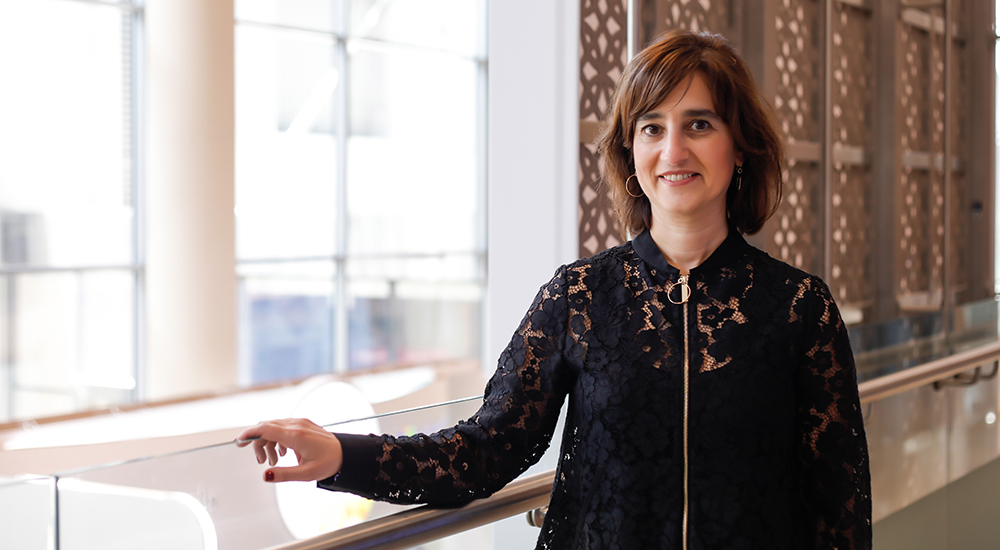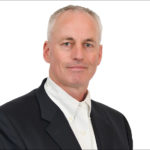At Arab Health, Philips demos command centre approach that can transform healthcare

At Arab Health, Royal Philips highlighted the growing role of a networked command centre approach to healthcare delivery in the region. Together with Saudi Arabia’s Ministry of Health, the company recently implemented the country’s first nationwide virtual cardiology network, TAJI, connecting specialists across eight hospitals with the goal of improving patient care.
In addition, Philips is partnering with Mouwasat Hospital Group to implement its first eICU platform in the Kingdom of Saudi Arabia. The solution will provide advanced critical care for patients, independent of their hospital location.
As care delivery becomes more complex, finding ways to coordinate patient care across the health continuum, from healthy living and prevention, to diagnosis, treatment and home care, is one of the most important challenges facing hospitals and health systems.
They therefore need to look at new, more efficient ways to increase access to care and improve care collaboration. A command centre approach is emerging as an innovative way of transforming healthcare by generating real-time, actionable analytics and pro-active recommendations to manage operational performance and guide each patient’s progression based on their clinical condition.
A command centre approach is emerging as an innovative way of transforming healthcare by generating real-time, actionable analytics
Cardiology is one of the most complex areas of the hospital enterprise, with large quantities of data generated by various caregivers across multiple locations along the care pathway. The TAJI project is a virtual cardiology network that provides a complete overview of Saudi Arabia MOH’s cardiac patients across the country, integrating previously disparate systems to reduce data entry, simplify access to test results generated in other departments, and make it easier to acquire, analyse and share patient data.
Philips eICU is a scalable, centralised tele-ICU solution combining Audio/Visual technology, predictive analytics, data visualisation and advanced reporting to extend critical care resources to the bedside via technology, regardless of location. The solution is being deployed across the Mouwasat’s critical care network in Saudi Arabia in collaboration with the country’s telecom providers.
Through a centralised continuous model of clinical surveillance, advanced clinical decision support analytics enable providers to identify clinically meaningful results to intervene proactively at the earliest indication of patient deterioration. Data is communicated to caregivers at the bedside to develop and implement the best course of treatment.
Through a centralised continuous model of clinical surveillance, advanced clinical decision support analytics enable providers to identify clinically meaningful result
At Arab Health 2020, Philips also highlighted the Makkah Heart Safe City project, in which Philips is collaborating with the Saudi Arabia MOH to provide a unique end-to-end solution combining education programmes to increase awareness of CPR, the use of publicly-available Automated External Defibrillators and new technologies to strengthen the chain of survival from the moment an incident occurs to the patient reaching the hospital.
AI-based solutions have great potential to improve patient outcomes and the efficiency of care delivery, but such solutions must be based on a thorough understanding of the clinical needs and developed in close collaboration with the care providers who will use them. Philips’ vision is to use a combination of AI and other technologies with knowledge of the clinical and operational context in which they are used. With this people-centred approach, Philips’ goal is to develop integrated solutions that adapt to the needs of healthcare providers and that are embedded into their workflows.
Philips’ vision is to use a combination of AI and other technologies with knowledge of the clinical and operational context in which they are used
Demonstrating how Philips can support healthcare providers at achieve the quadruple aim, at Arab Health the company showcased:
- Philips’ next-generation enterprise imaging informatics solution, the introduction of which follows several years of strategic investments in R&D, AI and complementary acquisitions, resulting in a suite of integrated products that deliver a comprehensive platform designed to connect clinical capabilities and optimise workflows around every step in the patient’s journey.
- IntelliSpace Enterprise Edition, which provides an enterprise-wide health informatics solution enabling health systems to grow and transform.
- Healthcare Transformation Services, which delivers solutions-oriented and people-focused recommendations to help improve the clinical care, patient and staff experience, and financial performance of health systems, with the goal of achieving sustainable results for long-term success.
- PerformanceBridge, Philips’ vendor agnostic, integrated, scalable portfolio of services, analytics, tools, and support empowers hospital departments with real-time information to improve performance and build a programme for continuous improvement.
In addition, the company also highlighted its latest innovations, including:
- Azurion with FlexArm, a gantry breakthrough on Philips’ Azurion platform that opens up new imaging and patient positioning opportunities to enhance care. The system includes a set of innovations that makes it easier for the clinician to perform imaging across the whole patient in both 2D and 3D.
- IQon Elite Spectral CT, the world’s first spectral detector-based CT system. With IQon Elite Spectral CT, conventional CT images are paired with layers of spectral results in the same scan, improving diagnostic confidence and reducing the costs associated with repeat scans.
“At Arab Health we’re highlighting how we partner with healthcare providers across the region to provide flexible and scalable AI-powered solutions as they seek to step up their performance by simultaneously improving the patient experience, health outcomes, and staff experience, while lowering the cost of care,” said Ozlem Fidanci, CEO Middle East and Turkey, Philips. “Philips is uniquely positioned to integrate and analyse clinical and operational data both inside and outside the hospital, applying AI and generating real-time, actionable analytics and proactive recommendations.”





